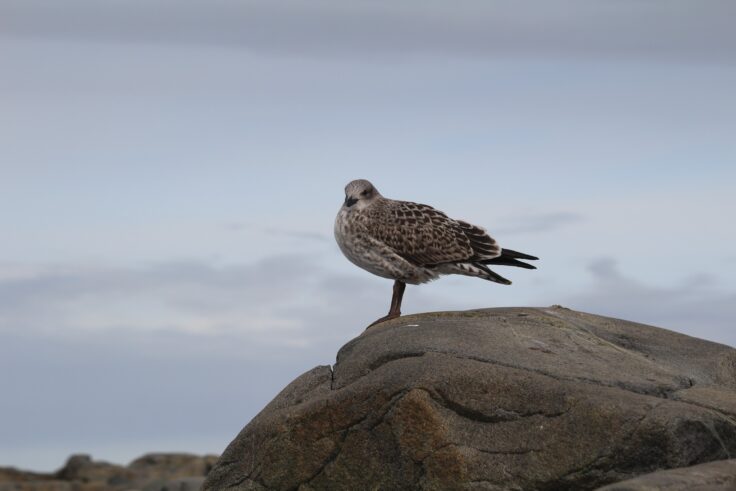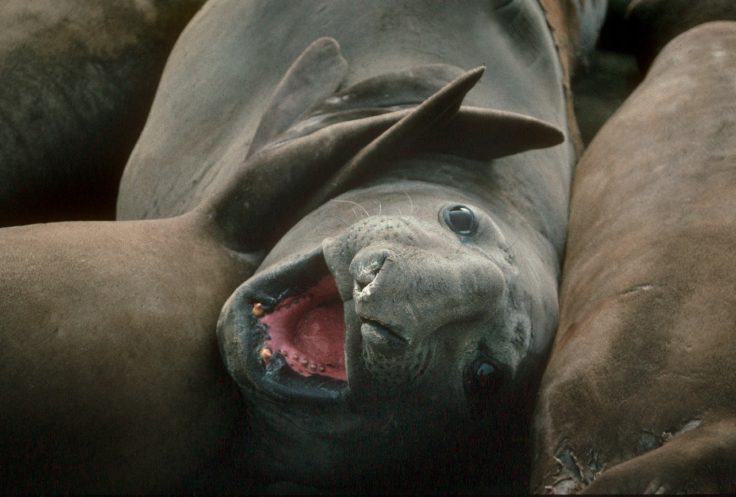Last month, October 2023, Highly Pathogenic Avian Influenza (HPAI) was confirmed on Bird Island, South Georgia in the brown skua populations. Since then, a number of other cases of symptomatic birds and above baseline mortality have been reported to the Government of South Georgia and South Sandwich Islands (GSGSSI).
Working in close partnership with British Antarctic Survey (BAS), swabs from four further sites were taken from brown skua and kelp gulls. These were returned to the UK and tested by the Animal and Plant Health Agency (APHA) laboratories in Weybridge, where they returned positive results for HPAI H5N1.

In addition, a high level of mortality has been detected in elephant seal pups at three sites around South Georgia and animals have displayed symptoms which are consistent with HPAI. Swabs were also taken from these animals, but results did not confirm HPAI. Plans are being developed in conjunction with APHA to implement more appropriate sample collection over the next few weeks to confirm the cause of the mortality.

BAS and GSGSSI, guided by the GSGSSI response plan, continue to carefully monitor the situation across the territory. BAS operates two research stations on South Georgia: King Edward Point and Bird Island. As a result of the confirmed cases of HPAI, most fieldwork involving contact with animals has been suspended. BAS staff are following the additional biosecurity measures adopted this season of enhanced cleaning of clothing and field equipment when moving between sites with high densities of wildlife, as well as remaining vigilant for signs of disease.
Key elements of the wider science programme at King Edward Point and Bird Island continue under caution, including long-term monitoring of wandering albatross, black-browed albatross, grey-headed albatross, northern and southern giant petrels, gentoo penguins and macaroni penguins. South Georgia has some of the most closely monitored seabird colonies in the world, equipping scientists and conservationists with indicators of change for species.
BAS and GSGSSI are working closely together to monitor the spread of the disease and its impact on the region's wildlife.






